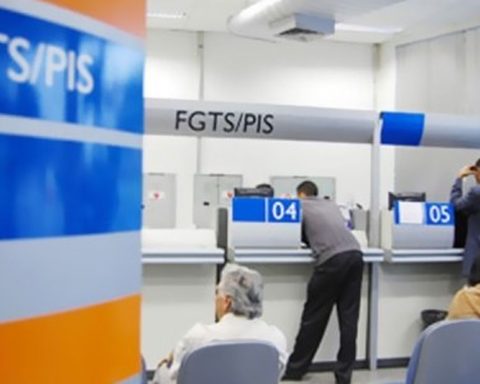The plenary of the Federal Audit Court (TCU) approved this Tuesday (15), during an extraordinary session, one of the stages of the process that analyzes the privatization of Eletrobras. 
The trial ended with six favorable votes and one against the opinion of the rapporteur, Minister Aroldo Cedraz, who agreed with the economic-financial model proposed by the federal government to transfer control of the company to private shareholders.
Altogether, the federal government predicts that the privatization of Eletrobras will raise around R$ 67 billion. This amount is divided into R$ 25.3 billion for the Federal Government, for the renewal of concession grants for 22 hydroelectric plants; BRL 32 billion for the Energy Development Account (CDE), a fund created to cushion eventual tariff increases over the years and subsidize sectoral policies; and R$9.7 billion for investment obligations in the recovery of hydrographic basins and contracting of reserve thermoelectric energy in the North and Northeast regions of the country.
The next stage of the privatization process, according to the federal government, is the holding of the Extraordinary General Meeting of Eletrobras, scheduled for next Tuesday (22), in which minority shareholders will deliberate on the conditions and adjustments for carrying out the privatization. of the company. The company’s capitalization auction is scheduled to take place in the first half of this year.
TCU analysis
The TCU has been analyzing, since the end of last year, the terms of the privatization, which was proposed through Provisional Measure and approved by the National Congress still in June.
In this first stage, the court precisely assesses the financial aspects of privatization. In March, an analysis of the sales model proposed by the government is scheduled, which is capitalization, that is, the diversification of the company’s shareholding control.
Only after these analyzes have been completed will the federal government be able to proceed with privatization.
underestimated values
During the presentation of his vote at this Tuesday’s session, Minister Vital do Rêgo, reviewer of the process, pointed out that the values defined by the government would be underestimated by about R$ 63 billion, which would raise the total value of Eletrobras’ sale to approximately R$ 130 billion, almost double the amount currently forecast.
According to him, the calculation of grants for hydroelectric plants should consider the total power of the projects, and not the average generation value, as the government did.
“There are three larger-scale failures identified in the economic-financial modeling that significantly impact the total value added to new electric energy concession contracts, called VAC, and therefore, the amounts to be paid by Eletrobras, as a deposit in the Economic Development (CDE) and grant bonuses”, said the minister. He also contested changes to hydrological risk calculations and the cash flow discount rate.
Wishes
Minister Aroldo Cedraz, rapporteur of the process, had already voted in favor of the model proposed by the government, back in December. Another vote in the same direction had been concluded by Minister Raimundo Carreiro.
“It is not for this Court, now, to question the political decisions of the federal government and the National Congress based on studies promoted by the competent areas of the granting power, which is why the proposal that I bring is limited to recommending the necessary measures in accordance with the applicable rules. and with full respect for the discretionary power of managers”, said the rapporteur.
Even after the disagreement opened by Vital do Rêgo, the other ministers continued to follow the rapporteur’s vote. Minister Benjamin Zymler voted to keep Eletrobras’ pricing at R$67 billion, but suggested recommending to the government the inclusion of a clause in the concession contracts to ensure revenue to the Federal Government and the Energy Development Account in relation to the future sale of power from the power plants.
The suggestion was accepted in the vote of Aroldo Cedraz, which included the recommendation that the government evaluate the possibility of including the power factor in the granting calculation or provide for compensation in case of future sale. Ministers Jorge Oliveira, Walton Alencar Rodrigues and Augusto Nardes also voted in favor of the government’s financial modeling.
Privatization
Although it has been recording annual net profits since 2018, the federal government announced in March 2021 the inclusion of Eletrobras in the National Privatization Programclaiming that the measure will enable the company to improve its investment capacity and contribute to the development of the Brazilian energy sector.
The privatization process provides for a capitalization of the company. This means that, in principle, the government will not sell its current stake. Shares will be issued for the entry of new investors, thus diluting the company’s capital until the Union’s share is, at most, 45%. Only if this primary offer does not give the expected result will there be a new offer including the sale of shares of the Union itself.
The modeling also predicts the segregation of Itaipu Binacional and Eletronuclear. The shares held by Eletrobras in these companies will be transferred to Empresa Brasileira de Participações em Energia Nuclear e Binacional (ENBpar), a new state-owned company created in September. In this way, the Union will maintain control over them.
















